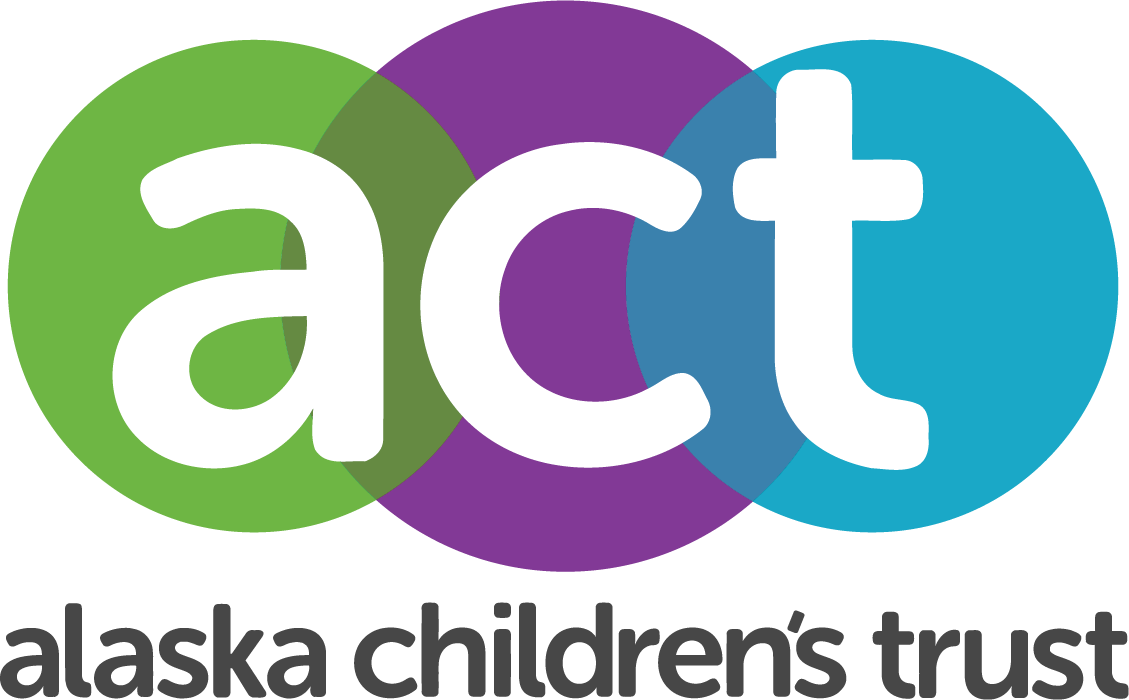Helping your Child Navigate a School Year Altered by the Pandemic
This school year has looked different across our state, with some schools open, some fully virtual, and others a bit of both. No matter how your child is learning, it is likely that you, as a parent, have been left with unanswered questions about how to navigate this new terrain. If you are asking yourself-
How will my child adjust? How do I help my family stay safe? What if my child is afraid or nervous?
You are not alone in these thoughts. Parents around the state are going through the same experience – us included. If you are wondering what you can do to be a stable support for your child, experts recommend a few key techniques, especially during a transitional time like returning to in-person school.
Build Routine and Structure
It is critical to practice and build routine and structure with your children. That is true now more than ever. Creating and sticking to a routine at home is a powerful way to help your child cope in an unpredictable world. Even the barest of routines can give your child a sense of comfort. Take into consideration these options:
Bedtime - Setting and sticking to a bedtime will help your child get enough rest to cope with daily stressors.
Dinner or Breakfast – Sitting down and eating together as a family encourages structure, healthy eating, and provides quality time to talk about your day.
Quality Time – For most children, their parents are their rocks. In a world of unpredictability, starting or ending the day with a connection to their parents can help a child decompress and feel safe and loved. Spend time together playing games, spending time outdoors, or having a conversation in the car.
Daily Expectations – Establishing expectations at the beginning of the day can help your child mentally and emotionally prepare for what is coming. Letting your child know about chores, shopping trips, homework time, family Zoom calls, and other events will give them the information they need to self-regulate throughout the day.
Change is Inevitable
Your child may react to changes in their schooling in surprising ways, especially if they are just returning to in-person learning after months of online/ mixed learning. It is understandable if they experience some behavior changes. Younger children may act out, while teens may become quieter. Every child reacts different to change.
Talking can help your child live with their feelings and help you understand where they are coming from. It is important to talk with your child in a way that opens the doors to empathy and meaningful conversation. Which brings us to our next blog topic:
Ask Questions with Intentionality
How you ask questions is important. Specific questions may help children remember a certain part of their day and are, therefore, easier to answer. You could start by asking them one thing they are excited about and one thing they have questions about. Here are some questions you can ask your children in lieu of the basic question of “how was your day?”.
Tell me about your favorite part of the day.
What was the most challenging part of your day?
Did your classmate or teacher say something funny today?
What did you read in class today?
What rules are different at school this year? What are
the biggest differences between this year and last year?
Do you think (any subject) is too easy or too hard?
Can you show me something you learned in school today?
Don’t Hide Fear and Feelings
There are many difficult aspects about returning to in-person school. Teaching young children how to wear masks, learning or re-learning how to socialize, fear of illness, and the list goes on. It is important not to shy away from talking about those feelings. When your child opens up, be ready. It could happen at any time and might start as frustration about a fear they have. Be ready to validate their fears. Explain that it is normal and that most children are probably feeling the same way. Remind them of a fear they had in the past that they overcame or how it always feels kind of scary - and kind of exciting- to go back to school! Allow them space to express their feelings and feel your empathy but try not to focus the conversation on your own anxieties.
Acclimate to Academics
Whether your child is continuing school virtually, homeschooled, or transitioning to classroom learning, you or your child might be worried about keeping up academically. First, reassure yourself; we are in a global pandemic, grades are not a reflection of your worth as a parent, you are doing your best and your best is enough. Say it again and again, because it is true.
Then, reassure your child. Many students are struggling academically right now, and it is normal -surviving the last eleven months is a big enough accomplishment on its own. Remind your child that you, your child, and their teachers are all on the same team. Teachers will be understanding, especially in the first few weeks, and offer lots of support. If your child continues to struggle academically after the first few weeks of adjustment, take extra time to sit down and work with them on the topics they are struggling with or reach out to their teacher to see if there are extra help options available or office hours for older children. Always remind your child that they are more than their grades. They are a strong person who has made it through a very hard year and eventually, they will catch up to where they were before.
Be Ready to Check In
It is natural that things may not spring back to normal for a long time for your child. Stay involved in your child’s life- their friendships, behavior, and academics. If things continue to seem ‘off’ for your child, check in with their teacher and see if they have seen similar things at school. It is difficult to predict how some children will respond to change and unpredictability. Because parents, teachers, and other adults see children in different situations, it is important for them to work together to share information about how each child is coping through these times. Teachers and other adults may also be able to connect you with resources or provide extra support for you and your child.
Remember, this is a new process for all of us. Give yourself and your child grace. Understand that your support is more important this year than any other, whatever that support may look like for your child and situation. Most importantly, the best way to help your child is to take care of yourself. When you take care of your mental and emotional health, you ensure that you are in the best position to support your child.



